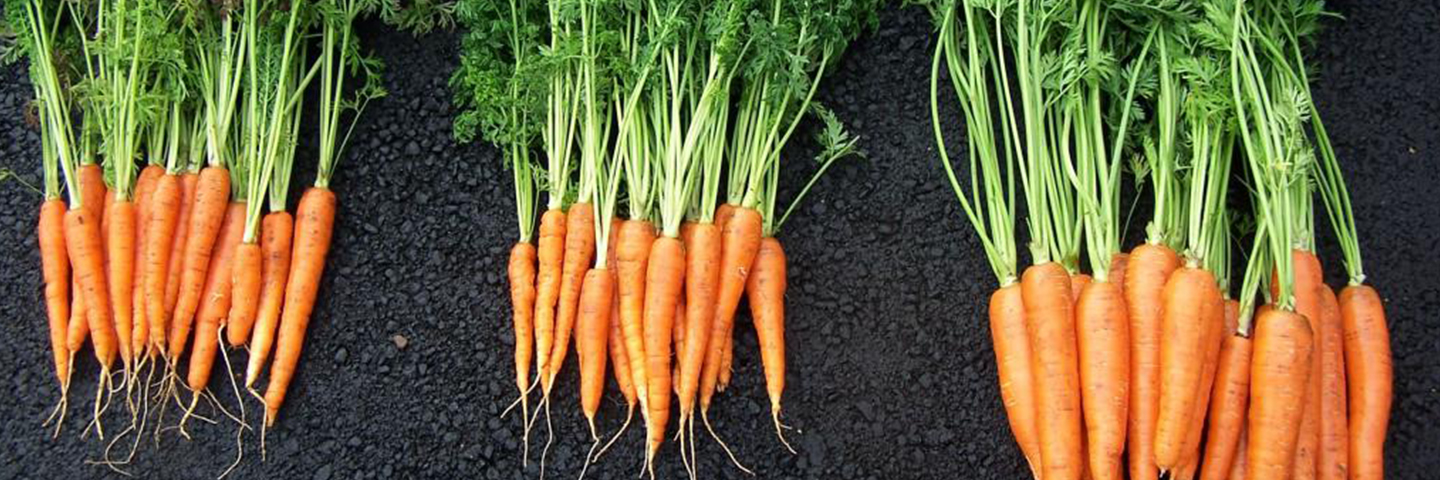
Visit our other sites
-
Fapas - Proficiency Testing
Globally recognised provider of proficiency tests, running over 400 tests annually across an extensive range of matrices and analytes
-
Great Crested Newts Testing
A single sample taken by an ecologist at any time during the newt breeding season can determine their presence or absence, saving you time and money
- The Nematology Team provides a unique free-living nematode identification service, and offers nematode detection and consultancy advice for all sectors of agriculture and horticulture.
- Contact Us

Nematode Testing
Nematodes are microscopic pests responsible for billions of pounds of yield loss each year. Potato cyst nematodes (PCN) are considered the most damaging pest of potato crops in the UK with losses up to 35%*. However, free-living plant-parasitic nematodes (PPNs) can be just as damaging as they can parasitise nearly every plant species, resulting in devastating adverse effects on the quality and yield of host crops.
Effective management of plant-parasitic nematodes in soils should be based on accurate detection and identification, in order to understand the biology and host range of each species in the population. The nematology team provides a unique free-living nematode identification service and offer nematode detection and consultancy advice for all sectors of agriculture and horticulture. Our experienced nematologists are best placed to ensure accurate and timely identification for a wide range of nematode species.
*(AHDB, 2017)


Potato cyst nematodes (PCN) are considered to be the most damaging pest of potato crops in the UK, responsible for yield losses of up to 35% (AHDB, 2017).
The introduction of PCN cysts into a field can go unnoticed for several years until the infestation reaches a harmful level. It is recommended that regular testing is carried out before signs of physical damage occur for efficient and sustainable management.

Plant-parasitic nematodes (PPNs) are responsible for £48 billion worth of crop damage per year worldwide (Nicol et al., 2011).
These nematodes can parasitise nearly every plant species, resulting in devastating adverse effects on the quality and yield of host crops. Populations of these microscopic invertebrates can quickly build to damaging levels, sometimes in a single season.
Download our latest eBook
Download the Nematodes ebook - Not just a potato problem for more information, including:
• As an industry, are we missing the extent of the damage?
• Potato Cyst Nematodes
• Plant-Parasitic Nematodes
• Effective management - How can Fera help?
Tom Prior - Senior Nematologist
Tom Prior, Senior Nematologist at Fera, talks about the damage caused by plant-parasitic nematodes.
After graduating with honours from the University of Leeds, Tom studied nematode taxonomy at Fera, CABI Bioscience, the Royal Belgian Natural History Museum and Rothamsted Research. He joined the Nematology team at Fera in 2000 and is currently responsible for the identification of plant-parasitic nematodes intercepted by the PHSI for Defra and for the UK's largest plant clinic, providing advice on nematode biology, pathogenicity and effective crop management to a wide range of commercial growers and overseas governments. Tom has led international projects and training courses, and provided training in nematode detection and identification as part of European Twinning initiatives. Tom is currently the UK representative on the EPPO Panel for Diagnostics in Nematology, the EPPO working group for Meloidogyne mali and a member of the IPPC working groups for X. americanum s. l. and Anguina.
See Tom Prior's Profile
Free-living Plant Parasitic Nematodes
This video shows an example of a typical 200g soil sample containing a mixture of free-living plant-parasitic nematodes, mainly sheath (Hemicycliophora spp.) and root-knot (Meloidogyne spp.) nematodes.
The solution of free-living plant-parasitic nematodes has been extracted from soil using our free-living nematode standard service. Our expert nematologists visually examine, count and identify all plant-parasitic nematodes isolated using image analysis microscopy or molecular techniques. Once we have identified the nematodes found, we can provide a detailed report on the biology and pathogenicity of each species to enable our customer to make informed decisions on crop management.
Experience the ultimate interactive map and virtual tour of Fera

Copyright © 2025 Fera Science Limited (“Fera”). All rights reserved.
For further information about how Fera uses any personal data collected from you, please see our Privacy Notice at www.fera.co.uk/privacy-policy.



